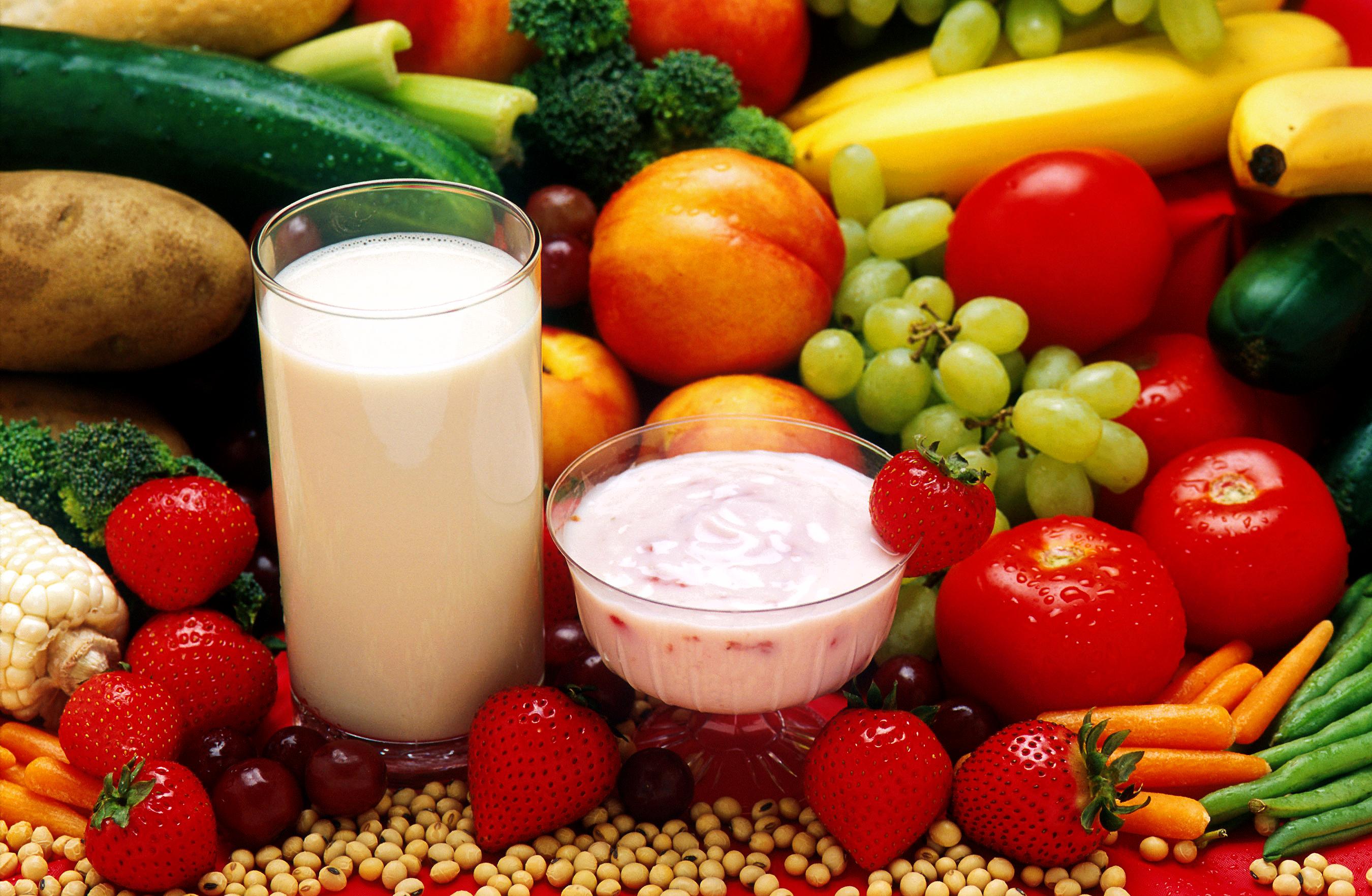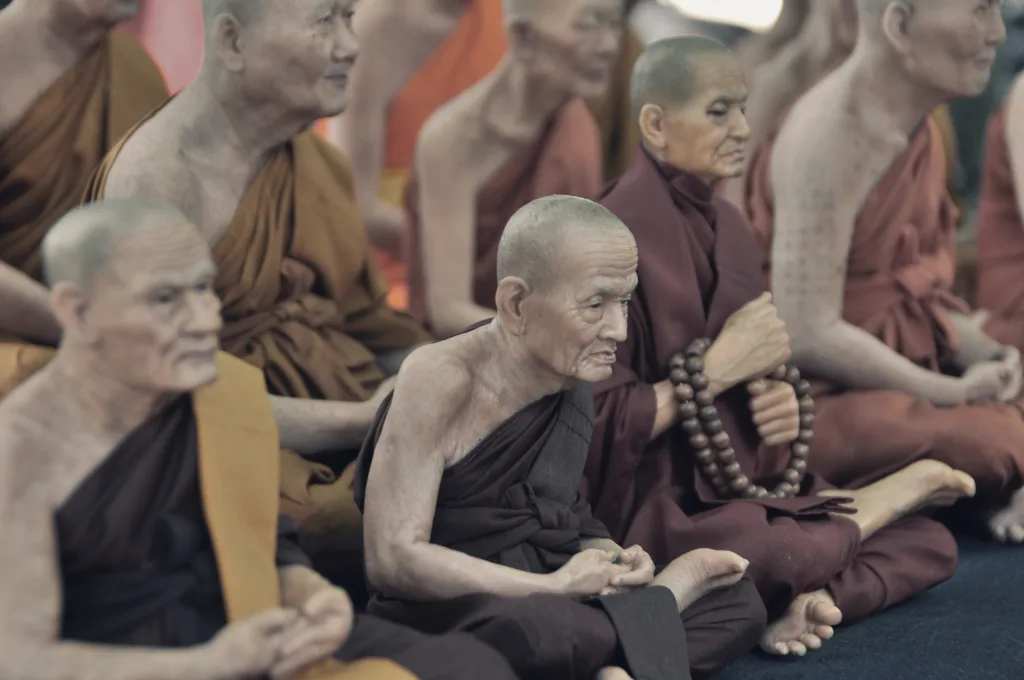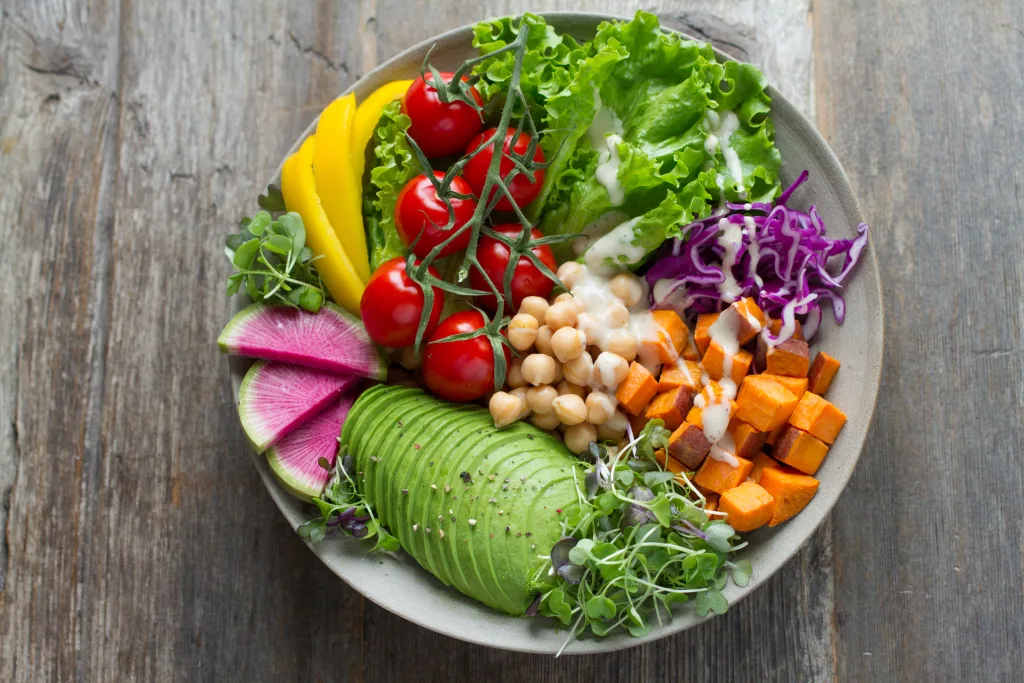Taoism is a spiritual tradition that has been around for centuries, and its teachings have long emphasized the importance of living in harmony with nature. A key part of this philosophy is a vegetarian diet — one that emphasizes organic, whoe foods and avoids animal products. This dietary approach can be beneficial to both our physical health and spiritual well-being, as it reflects an ethical commitment to compassionate living.
At the heart of Taoism is the concept of yin-yang balance. This means that everthing in life exists in pairs of opposites — such as light and dark, hot and cold — which must be kept in balance for optimal health. According to this philosophy, consuming too much meat can create an imbalance between yin (the feminine energy) and yang (the masculine energy). Eating a vegetarian diet helps to maintain harmony by avoiding overconsumption of animal products.
In addition to helping promote yin-yang balance, a vegetarian diet can also provide significant health benefits. Plant-based foods are typically high in fiber, vitamins, minerals, antioxidants and phytonutrients — all essential nutrients for optimal health. Moreover, studies have shown that vegetarian diets can reduce the risk of chronic diseases like heart disease, diabetes and cerain types of cancer.
For Taoists loking to adhere strictly to their spiritual teachings, becoming vegetarian can also be seen as an ethical decision. By avoiding animal products, we are choosing not to support industries which may involve cruel practices or environmental degradation. Eating a plant-based diet is not only beneficial for our own health but also for the planet’s wellbeing as well.
Ultimately, following a Taoist vegetarian diet is abut more than just physical health or religious beliefs; it’s about living in harmony with nature and all sentient beings on earth. By adopting this way of eating we are choosing to live harmoniously with our environment while promoting our own well-being at the same time.
Is Eating Meat Permitted in Taoism?
Taoists are not strictly prohibited from eating meat. However, the traditional Taoist diet emphasizes balance and moderation, meaning that it is recommended to consume only small amounts of meat on occasion. This is because meat is associated with yang energy and can create an imbalance when eaten in large quantities. Therefore, a Taoist diet would consist mainly of unprocessed whole grains and fresh vegetables, with occasional small servings of lean meats such as fish and poultry. Red meat should be avoided as much as possible in order to maintain balance. It is important to note that a vegetarian lifestyle is not mandated in traditional Taoism; rather, the focus is on finding the rght dietary balance for an individual’s needs based on their personal environment and health condition.

Source: en.wikipedia.org
Was Lao Tzu a Vegetarian?
Yes, Lao Tzu was a vegetarian. He had very strong views on the subject and enforced a strict vegetarian diet in his monastery. He believed that all living things should be respected and that consuming meat was unnecessary and disrespectful. This belief was shared by Gautam Buddha, who was also a vegetarian and whose followers followed his example.
Can Taoists Eat Rice?
Yes, Taoists can eat rice, as it is a staple food in many parts of the world. Rice is an important part of the Taoist diet and can be used to make many delicious dishes. The most common way to prepare rice is by boiling it, but there are also other methods such as steaming or stir-frying. Rice can be served plain or with other ingredients such as vegetables, meat or fish. Rice can also be cooked with herbs and spices for a more flavorful dish. Additionally, some Taoists choose to avoid beer due to its fermented nature and its use of grains such as barley and wheat, whih are not part of the traditional Taoist diet.
Forbidden Practices in Taoism
In Taoism, there are cetain behaviors that are considered to be forbidden. These include lying, stealing, committing adultery, committing murder, and drinking alcohol. In addition to these moral transgressions, Taoists also avoid engaging in activities that go against the natural flow of the universe. This means avoiding behavior such as greed and selfishness, which can disrupt the harmony of the world around us. Taoists also believe in avoiding excessiveness in any area of life, as it can lead to disharmony with nature and other people. Finally, they are expected to follow a set of good deeds that will help them live an ethical life and better their soul’s journey in the afterlife.
Are Buddhists Vegetarian?
Buddhists are not necessarily vegetarian, though the practice is quite common. According to Buddhist teachings, taking the life of any person or animal is discouraged. Many Buddhists choose to follow a lacto-vegetarian diet in which no animals are killed for food. This includes avoiding meat, fish, and eggs. Dairy products such as milk, cheese, and yogurt may still be consumed. Other Buddhists may follow a vegan diet that eliminates all animal-based foods including dairy products. Ultimately, the dietary preferences of each individual Buddhist depend on their interpretation of the teachings and their individual beliefs and values.

Does Taoism Permit the Consumption of Alcohol?
Taoism does not outright forbid the use of alcohol, but it does stress moderation. According to Laozi, alcohol should only be consumed in specific circumstances such as for medicinal purposes, to host guests at a feast, or to conduct religious ceremonies. The important thing is to exercise caution and restraint when drinking and ensure that it does not become an addiction. Therefore, while Taoism doesn’t prohibit alcohol consumption altogether, it strongly encourages its practitioners to be mindful of thir consumption and not become dependent on it.
The Benefits of a Pure Vegetarian Religion
Jainism is the only religion that promotes a pure vegetarian lifestyle. This ancient Indian faith is based on the teachings of 24 spiritual leaders, known as Tirthankaras, and emphasizes non-violence, simplicity, and self-discipline. Followers of Jainism believe that all living beings, including animals and plants, possess an intrinsic soul or life force and shuld be treated with respect. As a result, Jains do not consume any kind of animal product or by-product – including eggs, dairy products and honey – as these are seen as a form of violence against animals. Furthermore, Jainism discourages the consumption of root vegetables such as potatoes, onions and garlic as they may harm living organisms when harvested.
In contrast to other religions that allow some degree of meat consumption (such as Buddhism), Jains believe in complete abstinence from consuming animal products. This lifestyle is often observed by devout followers through daily rituals such as ritual bathing and meditation.
Is Mark Zuckerberg a Non-Vegetarian?
Mark Zuckerberg is not a non-vegetarian. He follows a mostly plant-based diet and eats only small amounts of meat from animals he has personally hunted. In addition, Mark has publicly expressed his interest in promoting sustainable farming and animal welfare practices, so it is unlikely that he would consume factory-farmed meat. Zuckerberg has also been vocal about the environmental benefits of a vegetarian diet, stating that “Eating less meat is one of the most powerful actions an individual can take to reduce their environmental impact.”
The Religion of Vegetarianism
Jainism is the only religion that exclusively follows a vegetarian diet. This ancient Indian religion has been practicing this dietary restriction sice its inception over two thousand years ago in order to avoid causing any harm to any living creature. Jains are strict vegetarians who do not eat any root vegetables, such as potatoes, garlic, onions and carrots, because doing so would involve uprooting the plant and thus destroying it. They also abstain from eating any kind of meat or fish, including eggs and dairy products. Jains believe that all forms of life should be respected and that by following a vegetarian diet they can avoid killing animals for food.
In addition to adhering to a purely vegetarian diet, Jains also follow a number of other rules with regards to food consumption in order to minimize their negative impact on the environment and other living creatures. For example, they strive to avoid wasting food and try to use organic produce wherever possible. They are also careful not to consume anything that has been grown or produced through exploitation of animals or human labor.

Banning of Taoism in China
In 1959, during the Communist takeover in China, Taoism and oher religious practices were officially banned by the government. This ban was part of a larger policy of atheism and materialism that sought to limit the influence of traditional spiritual beliefs in Chinese society. As a result, Taoism became increasingly marginalised and its practice declined significantly in the following decades.
Can Taoists Get Married?
Yes, Taoists can marry. Much like other societies, marriage ceremonies and practices vary depending on the culture and region. Generally speaking, however, a Taoist marriage involves a ceremony that celebrates the union of two people in a spirit of harmony and balance. The couple may exchange vows and offerings to their ancestors or deities, followed by a banquet for family and friends. Taoists also recognize divorce as a civil matter determined by law, rther than a religious issue.
Beliefs of Taoism
Taoism is an ancient Chinese philosophical and religious tradition that emphasizes living in harmony with the Tao (the ‘Way’). Its central tenets include:
1. Wu Wei (Inaction): Taoists strive to recognize and adhere to the subtle, underlying flow of the universe, rather than trying to impose their own will on it. This means striving for effortless action and allowing things to take their natural course.
2. Simplicity: Taoists believe that life should be kept simple in order to maintain harmony with nature. This includes avoiding material possessions and excess, as well as focusing on spiritual growth and innr peace instead.
3. Yin-Yang: The duality of yin and yang represents balance and harmony in all aspects of life. They are viewed as two sides of a single whole, each holding an important place in the universe and creating a dynamic equilibrium within it.
The Taoism Golden Rule
The Taoism Golden Rule is a fundamental principle of Taoism, a philosophical and religious tradition that developed in Ancient China. It states that one should treat others as they would like to be treated themselves. In oher words, it encourages kindness and respect for all living things, and the belief that what we give out will eventually come back to us. The idea behind this rule is that our actions have consequences, both positive and negative, and understanding this concept can help us lead happier and more fulfilling lives. The Golden Rule is also known as the “Silver Rule” or the “Platinum Rule,” depending on which translation of Taoism’s sacred text, the T’ai-Shang Kan-Ying P’ien you read. Ultimately, the Taoism Golden Rule stands for the idea of reciprocity – we should treat others in the same way we would like them to treat us in return.
Exploring the Non-Violent Nature of Taoism
No, Taoism is not a violent religion. While it does recognize that violence can be necessary in some circumstances, it is not seen as a desirable way to solve conflicts. Taoism teaches that all life is worthy of respect, so any use of violence should be carefully considered and only used when absolutely necessary. Taoists emphasize the need for balance and harmony in life, which means embracing human differences and avoiding hatred and intolerance. Ultimately, violence should only be seen as a last resort in Taoism.
The Dietary Practices of Taoism
Taoism promotes a vegetarian diet as part of its core philosophy of ahimsa, or non-harming. The main principles of a Taoist diet are to choose plant-based foods, limit consumption of animal products, and reduce waste. This helps to minimize harm to oher sentient beings, which is in line with the Taoist philosophy of cherishing all life. Additionally, Taoists believe that the food we eat has an effect on our health and well-being, so they strive to consume healthy and seasonal food whenever possible.
Conclusion
In conclusion, Taoists generally follow a vegetarian diet as part of their spiritual practice and beliefs. This is due to their view that non-vegetarian food is considered impure and bad for the soul. Additionally, they are encouraged to abstain from alcohol, as it is seen as a fermented product derived from cereals. Furthermore, Taoists have an extensive list of rules and guides for living that include avoiding lying, stealing, committing adultery or murder, and not drinking alcohol. By following these guidelines, Taoists believe that good actions will lead to a better life for their soul.
